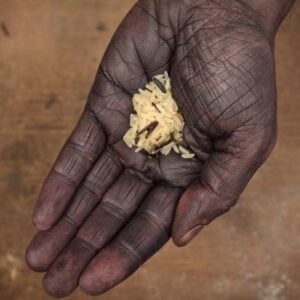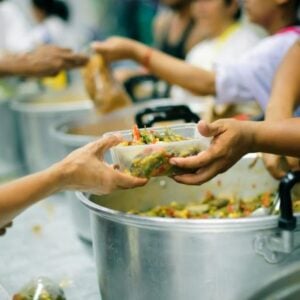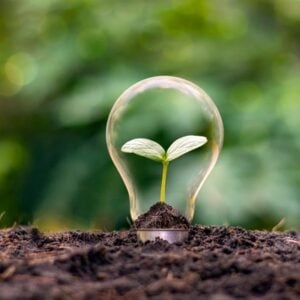Since its inception in 1974, World Environment Day has served as a global platform to address urgent environmental challenges and inspire collective action. On June 5, 2025, the Republic of Korea will host the event, with the theme centered on tackling one of the world’s most pressing crises: plastic pollution. With nearly 400 million tonnes of plastic waste generated annually and over 8 million tonnes entering the oceans, the crisis threatens marine ecosystems, food systems, and human health, underscoring the urgent need for sustainable solutions.
Despite widespread awareness, less than 10% of global plastic waste is recycled, while most is either incinerated or dumped in landfills. To counter this escalating crisis, initiatives are increasingly focusing on building a circular bioeconomy. Organizations like CGIAR and its partners are driving innovation to develop eco-friendly alternatives that reduce dependency on fossil-based plastics. Research by IFPRI highlights the growing risks of plastic contamination to food security and public health, urging bans on unnecessary single-use plastics, promotion of reusable products, and stricter accountability for producers through circular economy policies.
Promising solutions are already emerging. In Thailand, researchers developed biodegradable cassava starch films that decompose fully in soil within 12 weeks, offering a viable substitute for conventional plastics. In India, CGIAR and partners have launched the Circular Bioeconomy Innovation Hub, which trains youth and women entrepreneurs in sustainable practices such as biogas and biochar production. These initiatives not only cut pollution but also create new income streams. Equally important are behavioral shifts, with over 5,000 people in South Asia trained on adopting reuse, repair, and plastic-free livelihoods.
At the household level, affordability remains a challenge, as seen in the cost disparity between eco-friendly products like organic bar soap and cheaper plastic-packaged liquid soap. Large-scale private sector investment is therefore critical to expand sustainable alternatives. Encouragingly, a coalition of 30 global companies has pledged over USD 1 billion through the Alliance to End Plastic Waste, one of the largest commitments yet to address ocean plastic pollution.
Beyond visible waste, microplastics have become a hidden but significant threat. CGIAR’s WorldFish research in Bangladesh revealed high concentrations of microplastics in dried fish, a staple food, raising concerns about food safety and long-term health impacts. In Kenya, waste recycling projects are turning organic byproducts into compost and other agricultural inputs, demonstrating how sustainable practices can restore soil health, reduce pollution, and support food security. Young entrepreneurs in Nairobi are also finding innovative ways to convert food waste into sustainable agricultural resources.
Moving forward, a coordinated global response is essential to secure food systems and safeguard human health. From community-led cleanups to strong government regulations on plastic management, every level of action matters. By embracing innovation, accountability, and collaboration, the global community can work towards reducing plastic pollution and building resilient, sustainable ecosystems. World Environment Day 2025 calls on individuals, policymakers, and businesses to join the #BeatPlasticPollution movement and contribute to a healthier planet for generations to come.






